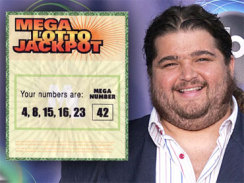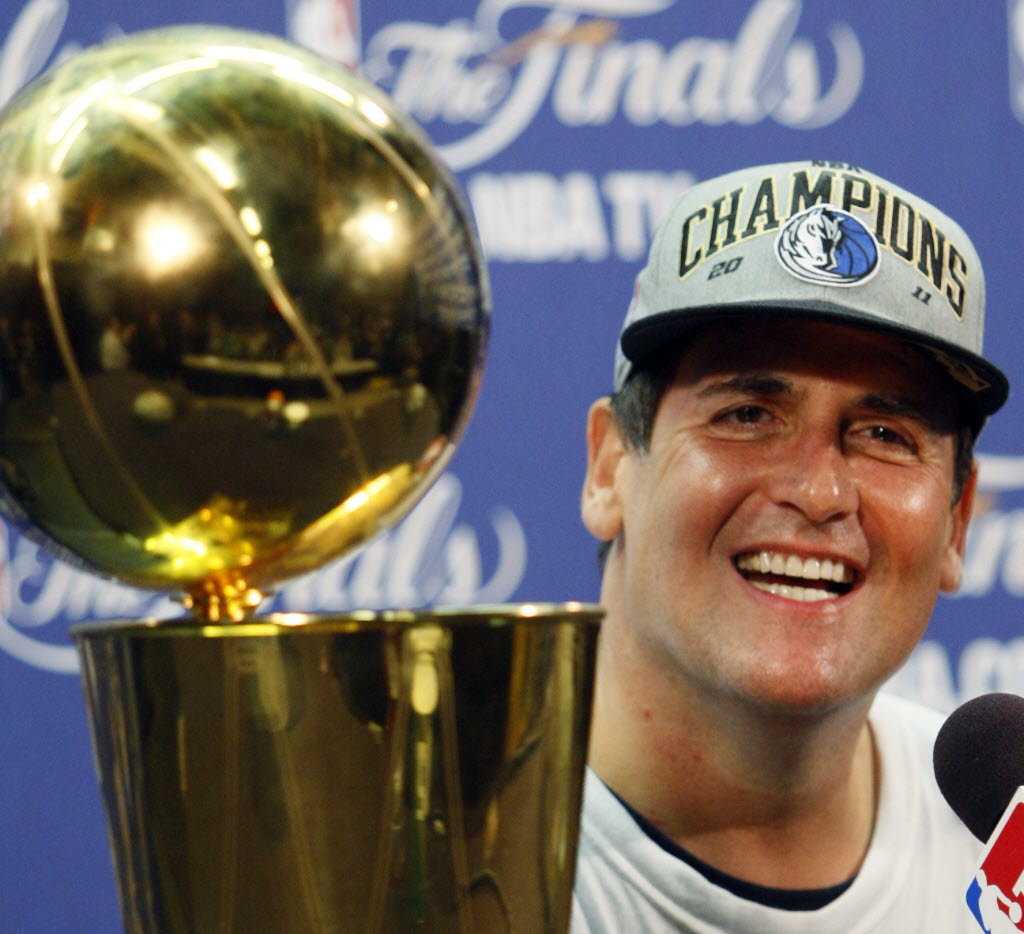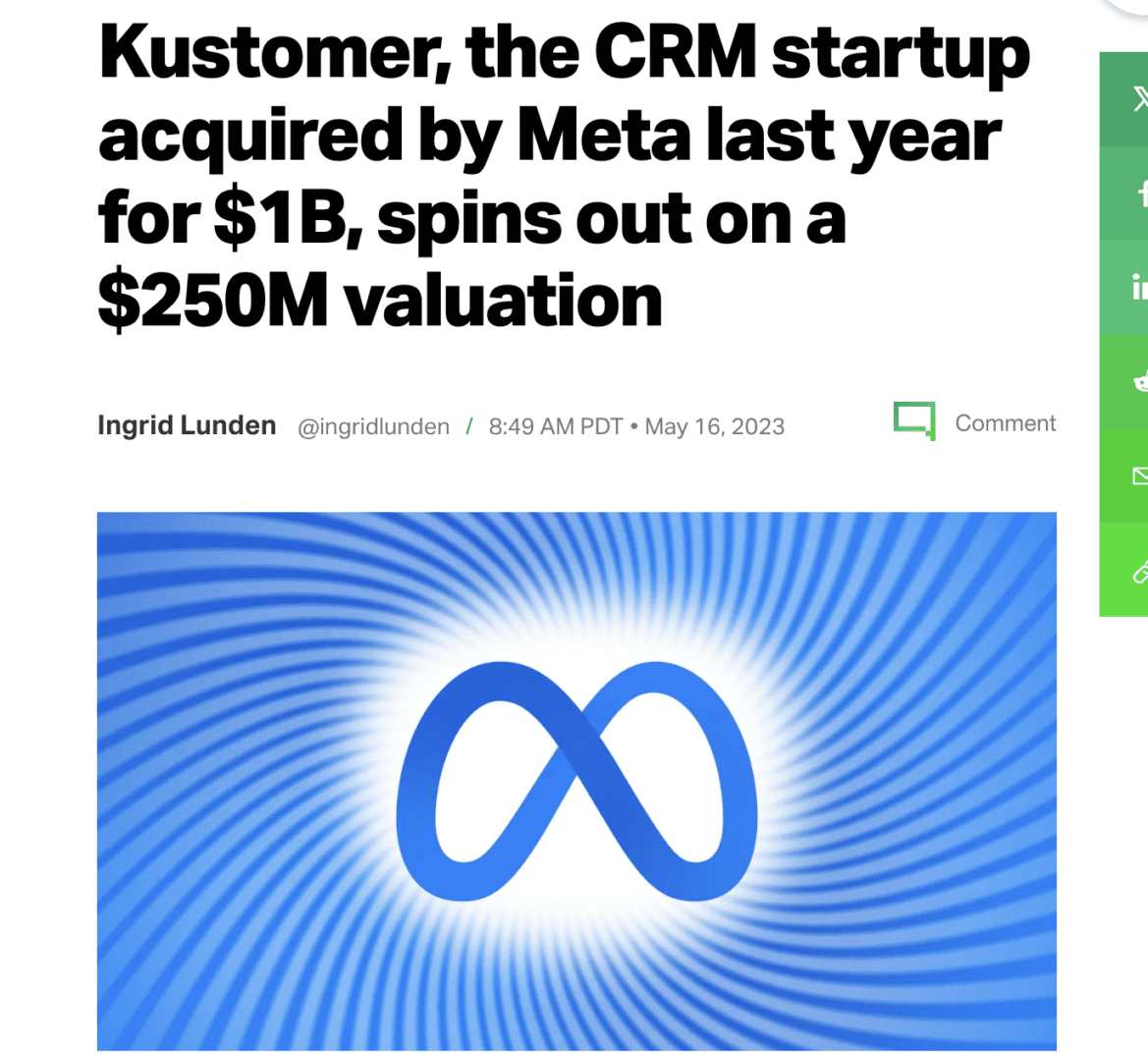After we sold EchoSign to Adobe, the next year was really tough
Yes we bought a bigger house, a new car, etc.
But I felt like I no longer had any relevance, any place in the world
An existential challenge for founders
— Jason ✨Be Kind✨ Lemkin 🇮🇱 (@jasonlk) April 9, 2024
I was recently having drinks with a friend who had recently received an attractive M&A offer. Attractive enough that one of his investors tried to talk him into it, telling him it would be a way to achieve his vision on a bigger platform.
Could be. The thing is, if you sell, then whoever buys it, owns it. It’s not your vision anymore — for better and for worse.

Instead, I think I’ve learned the reality is you only end up existing in one of two worlds.
The first world is the used car salesman. This is when you sell your company for far, far more than it’s worth, or maybe even ever will be worth.
I don’t know if the Instagram or Yammer guys feel this way, but perhaps they should. Mark Cuban certainly did when he sold Broadcast.com to Yahoo. This has nothing to do with the absolute amount you sell for — just the relative amount.
And sometimes the calculation is purely tactical, the mutliple is just too high to pass up. For example, I remember when Kyle Porter sold Salesloft for $2.3 Billion. At 23x ARR. I’d been lucky enough to co-lead the seed round and to have been involved since earliest days. It was clear Salesloft had plenty of room to run at $100m+ ARR, with strong growth. But to Kyle, it was clearly the right trade-off. Saying No would be committing to a $5B+ IPO in the space. Fast forward to today, that sure looks like a tough hurdle for so many in SaaS. To get to $500m+ ARR, growing 30%+ and profitable. He was right. (Maybe not a perfect analogy to the car dealer, just an example of a great CEO that saw the risk-reward trade-off in a $2.3 Billion exit as clearly, 100% the right one).
Jyoti Bansal said the same thing when he sold AppDyanmics to Cisco for $3.7 Billion. If they said No, they were committing to a $5B+ IPO after the dilution to come. It just didn’t pencil out to say No. Even though, I think as you can see below … he wasn’t done. In fact, he founded Harness and more shortly thereafter.
Either way, these founders sometimes have laments, but no regrets.
The second world is Hugo. Hugo from Lost. Who wanted nothing more than to give back his lottery winnings.
This is what happens when you sell your company for what it’s worth (or less). We all saw this play out live at TechCrunch back in the day, after Michael Arrington sold. Despite making somewhere between $20m-$30m? (who knows) on the deal, he wanted nothing more than to buy it back, and get TechCrunch back.
It’s just human nature. There are good reasons to sell. Good reasons not to. But understand it really goes best when you sell that ’84 Fiero on the lot for $19,995.
Now once in a while. just once in a while, you get a second chance.
The Kustomer team sold their support software to Facebook for $1B+. And then just a few years later, got to buy it back when it became non-core for Facebook. But that’s hardly something you can count on.



